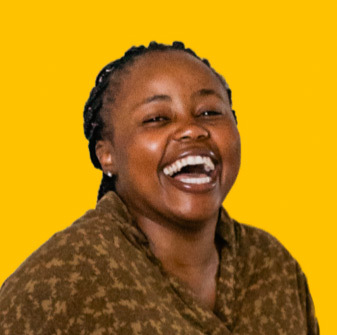The prospect of a condition which may cause early memory loss can be a scary experience, both for the individual facing the diagnosis and for their loved ones, caregivers, and support network.
Advice for navigating these conditions and connecting with crucial resources will be at the center of an upcoming workshop hosted by The LGBT Health Resource Center of Chase Brexton Health Care. The workshop is scheduled for Thursday, March 12 from 12 p.m. to 1:30 p.m. in the community rooms at Chase Brexton's Mt. Vernon Center, 1111 N. Charles St. in Baltimore.
Anyone interested in attending or receiving more information on this upcoming Lunch and Learn workshop may RSVP to [email protected] or call 410-837-2050 extension 1049.
Monte Ephraim LCSW-C, Manager of Behavioral Health Services and LGBT Older Adult Programming for the LGBT Health Resource Center will present the workshop along with Sophia Ross of the Alzheimer’s Association of Maryland. We asked Monte for a preview of the information she’ll offer at the session.
What challenges can early memory loss, or caring for someone with it, pose for LGBT elders in particular?
Early memory loss can stem from a variety of sources, such as side effects of medication, treatments such as chemotherapy, as well as conditions such as dementia, Parkinson’s, and more.
One of our big challenges is a diminishing support system which increases the potential for isolation. This makes it more challenging for our community to reflect, recognize and identify early memory loss as only our supporters may know us. With less support, it is both more challenging to recognize and to connect to resources that can bridge us to others who can help. As a caregiver, the challenge is locating and advocating for affirming care for someone for whom you are caring, as well as yourself.
For those caring for someone facing these conditions, how important is it to find sources of support?
It is essential. There are resources and organizations that are beginning to realize and recognize the importance of our community in the way they provide support and care. Despite that, local areas can differ by the culture and affirming support provided. It is important we interview those we’re seeking support from, research resources, and not be discouraged if we don’t initially feel a fit with a resource.
How does the LGBT Health Resource Center’s group help provide support and community for these individuals and their caregivers?
The LGBT Health Resource Center has relaunched the Early Memory Loss and Caregiver Support Group, which meets the third Thursday of every month from 1 p.m to 2:30 p.m. The group provides the opportunity to process, network, get resources and engage in support that promotes memory, balance and more.
What other resources and support does the center or its partners offer for those struggling with early memory loss and their caregivers?
In addition to the Early Memory Loss and Caregiver Support Group, the center’s ElderPride program offers individual therapy and a number of other support groups, such as the LGBT 50 + Thrivers Group for HIV.
For more about the LGBT Health Resource Center’s LGBT elder programs and services, please visit Chasebrexton.org/LGBTElders.
LGBT Health Resource Center

